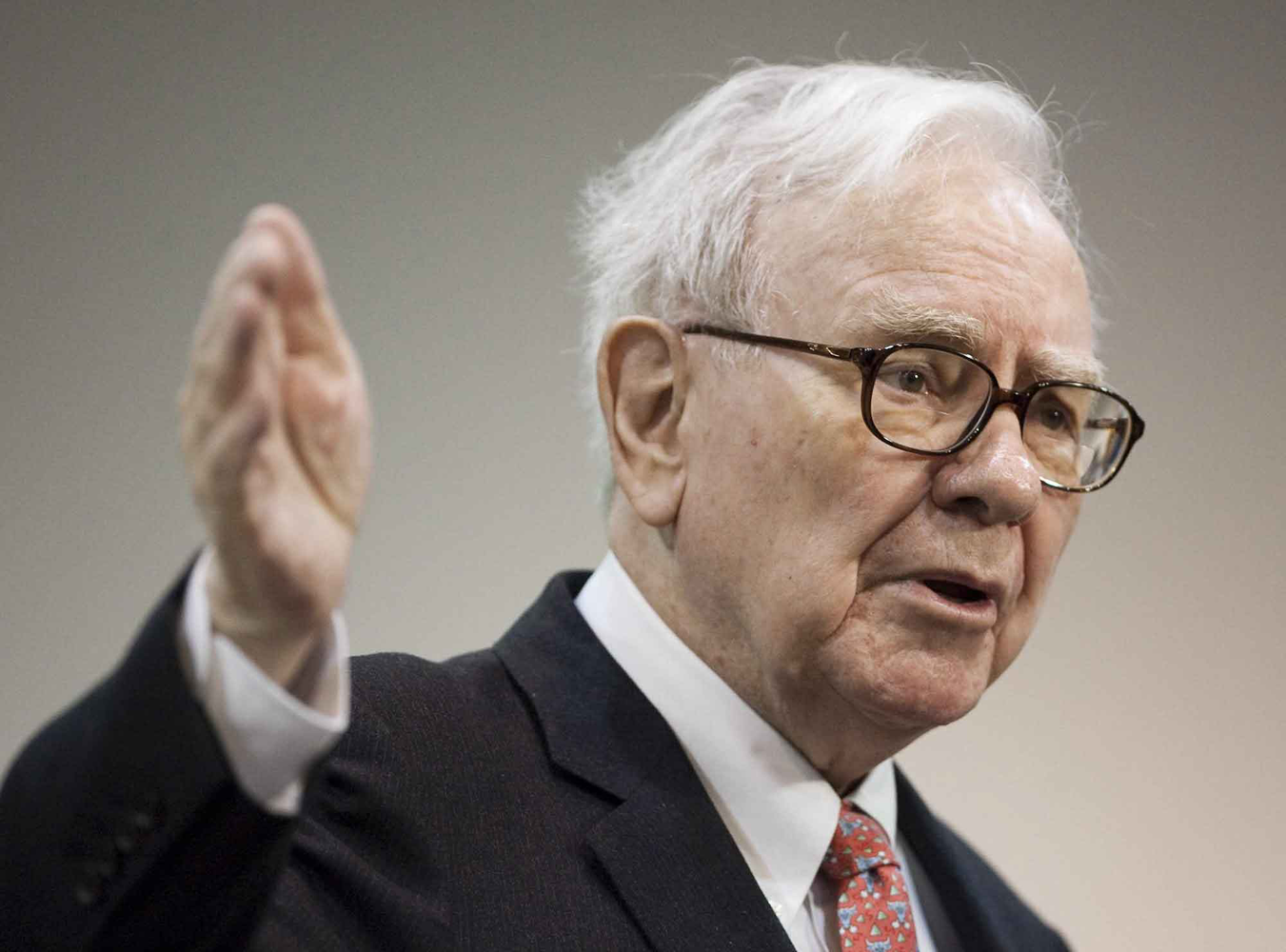Investing
Friday newspaper round-up: Buffett, Ryanair, Germany

Warren Buffett compares the Fed to a hedge fund; Ryanair boss unveils plans for ‘ten buck’ flights; Germany’s top economic adviser calls for a radical rethink of the country’s energy policies.
Billionaire investor Warren Buffett has compared the Federal Reserve to a hedge fund, as he supported keeping Ben Bernanke in charge of the US central bank. The 82-year-old, who has led Berkshire Hathaway for more than four decades, hailed the Fed’s ability to make money from bond purchases as a result of quantitative easing, which in five years has more than tripled its balance sheet to more than $3.6trn. “The Fed is the greatest hedge-fund in history,” he said, according to The Daily Telegraph.
Ryanair boss Michael O’Leary has thrown down the gauntlet to the major trans-Atlantic airlines with an eye-catching plan for ‘ten buck’ flights to the United States. The ebullient budget airline Chief Executive said he wanted tickets to start from as little as $10 – or around £6.30 at current exchange rates – to bust open the strangle-hold of the major airlines including rivals British Airways. Mr O’Leary told delegates at the World Low Cost Airlines Congress yesterday that the bargain flights could start in four years’ time: ‘But we’re not going to do it until we’ve got some planes,’ The Daily Mail reports.
Germany’s top economic adviser has called for a radical rethink of the country’s energy policies, warning that the green dream is going badly wrong as costs spiral out of control. “We need a drastic policy shift,” said Christoph Schmidt, chairman of Germany’s Council of Economic Experts. “They haven’t paid any attention to costs. These are now huge.” The government has vowed to break dependence on fossil fuels and source 50% of all electricity from wind, solar and other renewables by 2030, and 80% by mid-century. But cost estimates have reached €1trn (£840bn) over the next 25 years, The Daily Telegraph says.
Microsoft is counting on rapid growth in some of its new online services to carry it through the transition to the post-PC world, outgoing chief executive Steve Ballmer indicated on Thursday in a valedictory meeting with Wall Street analysts. “Office 365 and Azure have got to be a touchdown,” Mr Ballmer said of the worker productivity and cloud platform services that have assumed a central place in the company’s arsenal. They have to “really, really kick ass,” he added, pointing to their expansion as one of the most important short-term priorities for the company, the Financial Times writes.
Foxtons is expected to make a storming debut on the London Stock Exchange today in a listing that could value the estate agency at more than 15 times its earnings. Only three years after it was bailed out by its banks, Foxtons has attracted significant demand from institutions, and its shares are understood to have been heavily oversubscribed. The book-building process closed on Wednesday night and last night the allocations were still being determined. The final price for Foxtons’ shares – which had an initial range of between 190p and 230p – will be confirmed this morning, The Times says.
The Royal Bank of Scotland is to raise in the region of £650m from selling down its stake in insurer Direct Line. The state-backed bank has announced plans to sell as much as a 20% stake in the FTSE 250 insurer, taking advantage of its recent strong share price and buoyant markets. The bank has hired Goldman Sachs, Morgan Stanley, UBS and RBC Capital Markets to sell the shares through an accelerated book-build process. RBS said it was putting 272.7m shares – or 18.2% of Direct Line’s shares – up for sale, with a further 27.3m – or 1.8% – available should demand be high, The Daily Telegraph reports.
Car making and exports have surged to their highest levels since the financial crisis began, fuelling the belief that British business is returning to health. The CBI’s survey of nearly 400 manufacturers found that total orders rose for the fifth month in a row, while exports orders also swelled, helped by the Eurozone finally pulling out of recession, The Times reports.